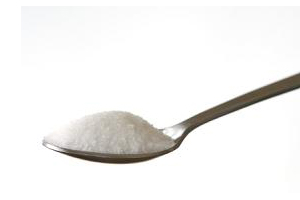Excess sugar from your diet can contribute to several oral health problems, with the most common being tooth decay and gum disease. While sugar, by itself, is not bad for your oral health, the bacteria that break it down can cause the most harm. When bacteria break down sugar, they turn it into acid, which leaves your enamel weakened overtime. Avoiding sugar can help prevent this process from happening, giving you a better bill of health with your teeth.
Analyzing Your Diet
When you first decide to cut back on sugar, it is important to read the labels of every product you consume. The sugar contents are a required listing on packages, so you can be mindful of how much sugar you have taken in for the day. Most sodas and juices are high in sugar, so you can generally avoid those and drink water instead. This can be the most significant reduction since most people do not consume enough water anyways. Water will only provide you with benefits and removes sugars and additives that can have long-term consequences to your oral health.
When it comes to food, it is best to stick to things that are all-natural and preferably organic. Produce, such as apples, berries, and celery, are all great replacements for high-sugared snacks. Candy, cookies, and cakes are all high in sugar, so avoiding them completely can be helpful for the first few weeks of your transition. After a few weeks, you can reintroduce these items back into your diet, only eating them in moderation (one or two a day). Junk food is the largest culprit for high-sugar content since most sugar and its derivatives are inexpensive and used the most. If you need help with maintaining a good diet, call our staff today for guidance.

